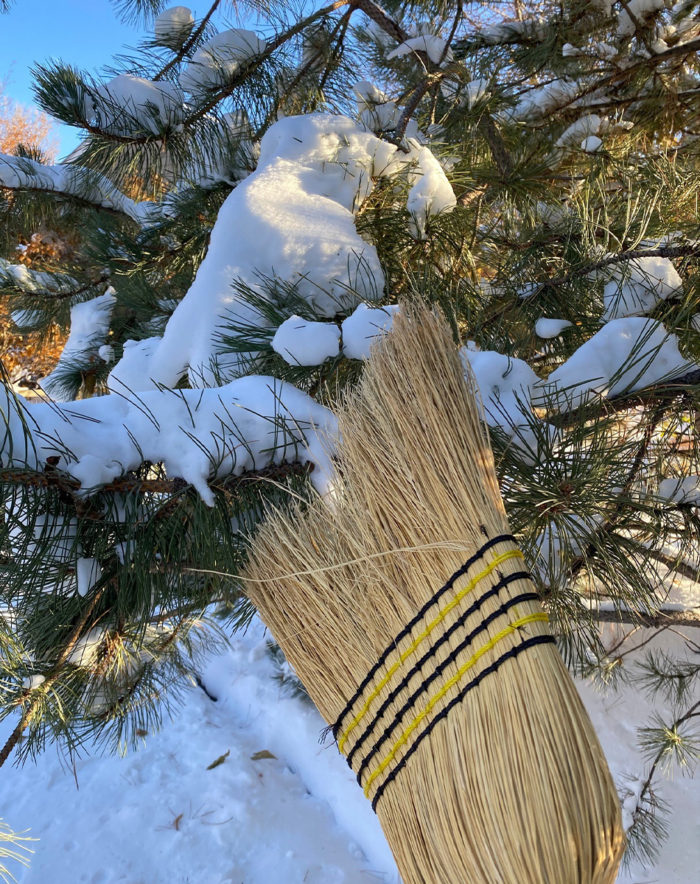
Drought, 60° to 70°F temperature fluctuations in a 24-hour period, and early and late season snows are hard on trees in the Mountain West. While we can’t control Mother Nature, there are some things we can do to protect our trees through our unpredictable winters.
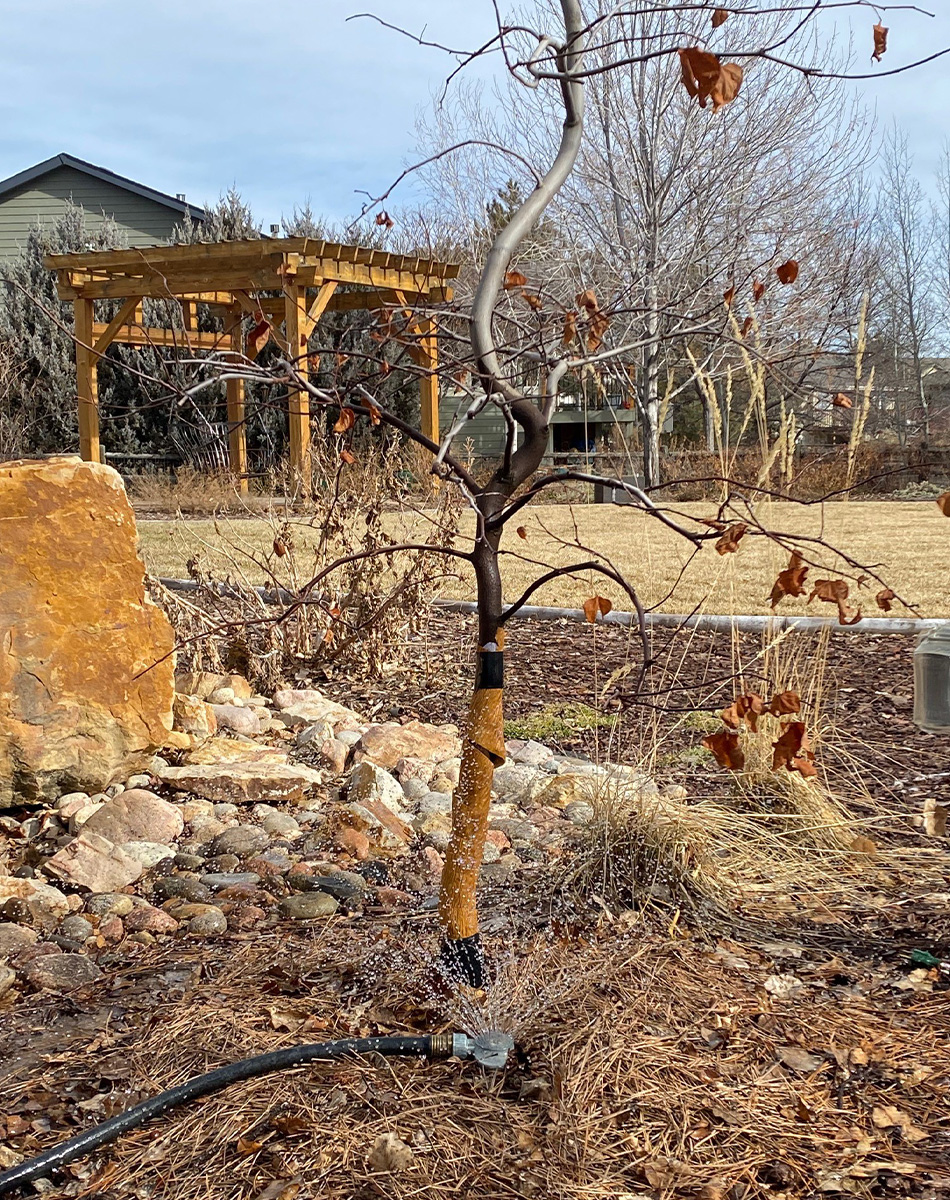
Winter watering
Our Mountain West summers can bring drought, and fall can bring cold snaps. This leads to many trees already experiencing stress right before winter. Combine that stress with the drying winds and fluctuating temperatures of winter, and some trees may not survive without additional moisture. Because of this, winter watering is essential in the Mountain West.
The general recommendation is to water trees and shrubs once a month if no moisture (rain or snow) has fallen in the previous weeks. You will find me doing this on those lovely 50°F days we get sporadically throughout the season. For smaller or newly planted trees, put the water directly at the root zone. For larger, more established trees, water in several locations around the dripline at the outer portion of the tree canopy. I use a sprinkler (such as a frog eye or oscillating sprinkler) in these areas to get broader coverage and leave it running for about 15 minutes per area. Be sure to manage the time depending upon your soil type, the dryness of the weather, and the water pressure of the hose.
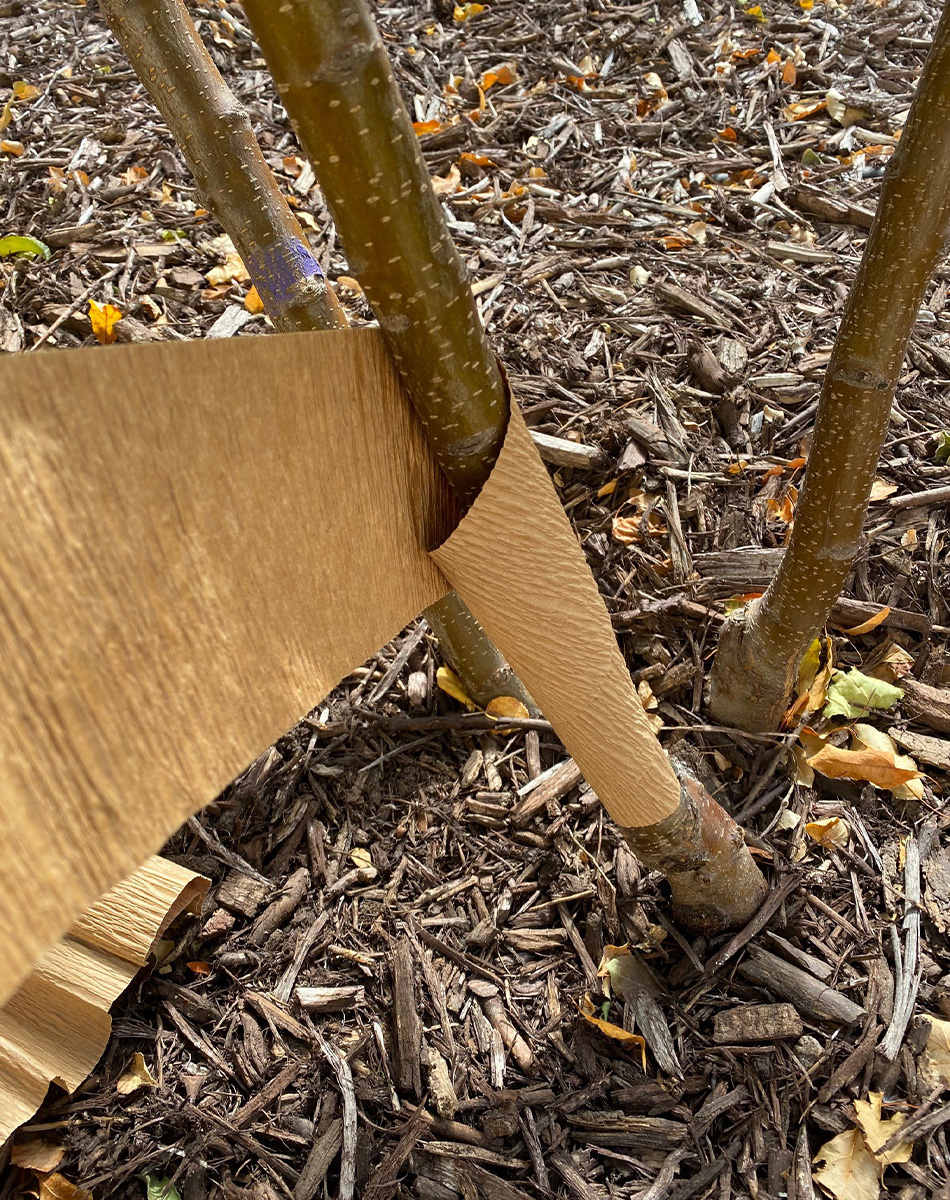
Sunscald
Many young, thin-barked, deciduous trees are susceptible to sunscald, also known as Southwest disease. Fruit trees, ashes (Fraxinus spp. and cvs., Zones 3–9), maples (Acer spp. and cvs., Zones 3–9), and honey locusts (Gleditsia triacanthos, Zones 3–8) are the most at risk. As we know, we can have warm, sunny winter days in the Mountain West. With the lower angle of the sun during this season, these warm days can cause tree cells to wake up from dormancy—typically on the south/southwest side of tree trunks. When temperatures drop at night, these cells refreeze, causing injury to the trees.
One way to protect your trees is to wrap the trunks. Tree wrap is a roll of brown paper (it looks like thick crepe paper) that can be found at the local garden center. Start at the bottom of the tree and overlap the paper by one-third to one-half the width of the paper. Secure just above the first branch with tape (do not tape directly to the tree; tape to the paper underneath). A general rule of thumb is to put the wrap on at Thanksgiving and remove it at Easter. Once trees become more mature, it is no longer necessary to wrap them.
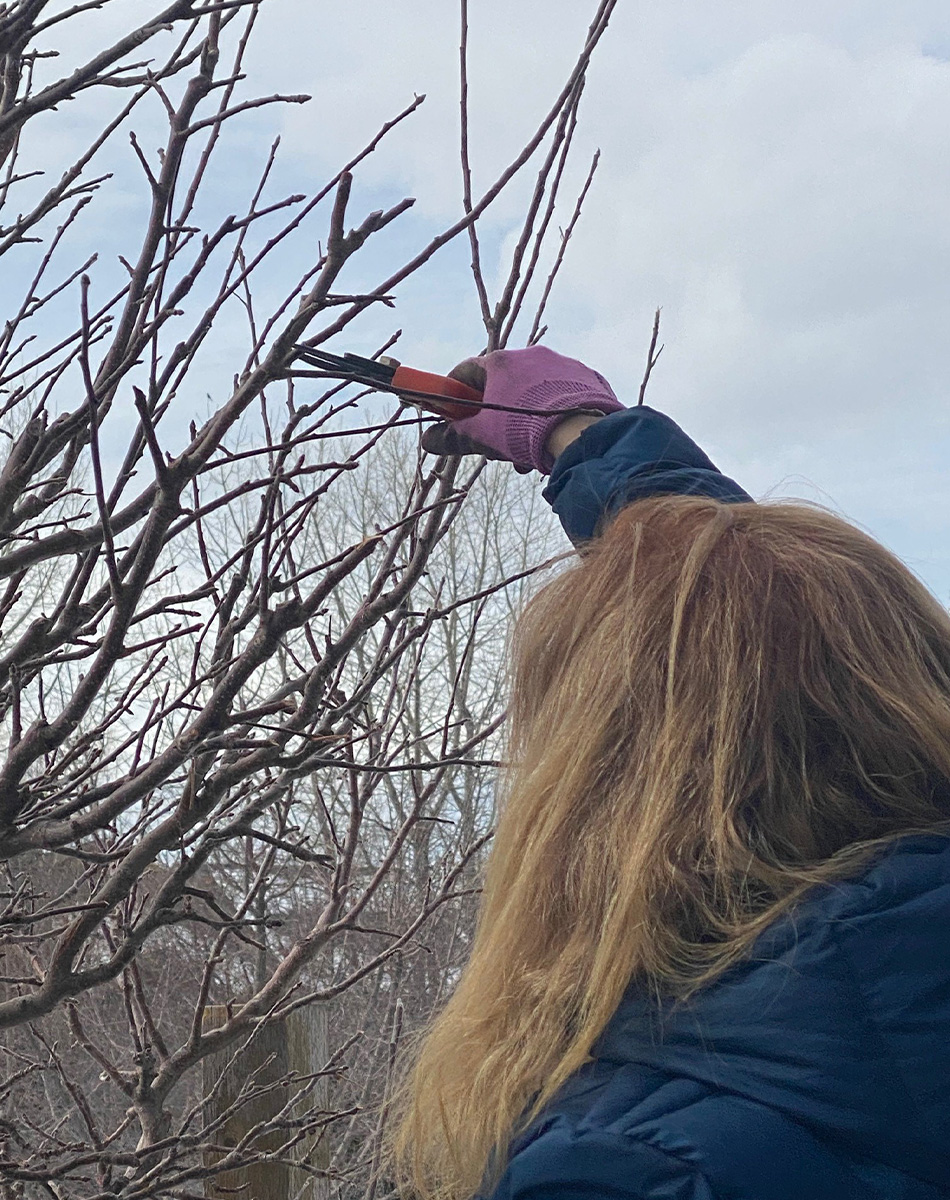
Protect branches from heavy snows
There are two ways to minimize damage to trees from heavy snows:
1. While proper structural pruning of trees is important for many reasons, another benefit of good pruning is to help minimize breakages during snows when trees still have their leaves. Unfortunately, these snows aren’t usually the powdery snows our region is known for; they are typically heavy with moisture that clings to the leaves, weighing down the branches. Proper pruning by removing water sprouts, eliminating double leaders and crossing branches, and cutting back wayward branches are all good practices that will help minimize weight on the branches and the breakages that can result. Learn more on pruning trees here:
2. Another way to help trees in heavy snows is to physically remove the snow. We have an old broom for just this purpose. When heavy snows cause branches to touch the ground, I grab my broom and use it to knock snow off the lower branches. Yes, you will get cold and wet, but there is something so satisfying in watching the branches spring back up to their original position.
Just a little bit of effort can keep your trees happy and healthy this winter and allow them to thrive for many years to come. When spring comes, if you do see some damage to your trees despite your best efforts, read more on correcting it with Damage to Look for When the Snow Melts.
—Michelle Provaznik is executive director of the Gardens on Spring Creek in Fort Collins, Colorado.
Fine Gardening Recommended Products
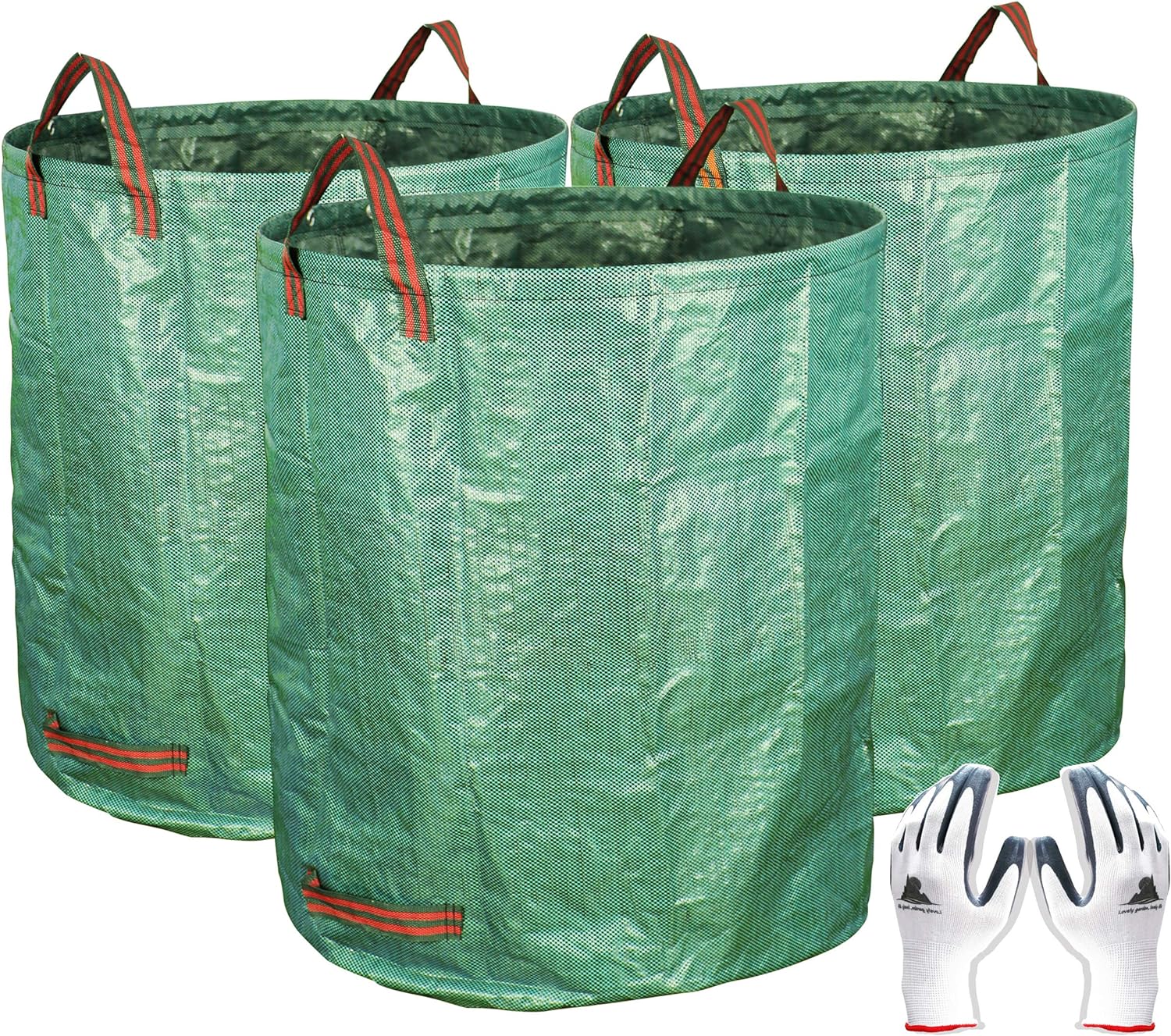
Gardzen 3-Pack 72 Gallons Garden Bag
Fine Gardening receives a commission for items purchased through links on this site, including Amazon Associates and other affiliate advertising programs.
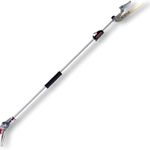
ARS Telescoping Long Reach Pruner
Fine Gardening receives a commission for items purchased through links on this site, including Amazon Associates and other affiliate advertising programs.
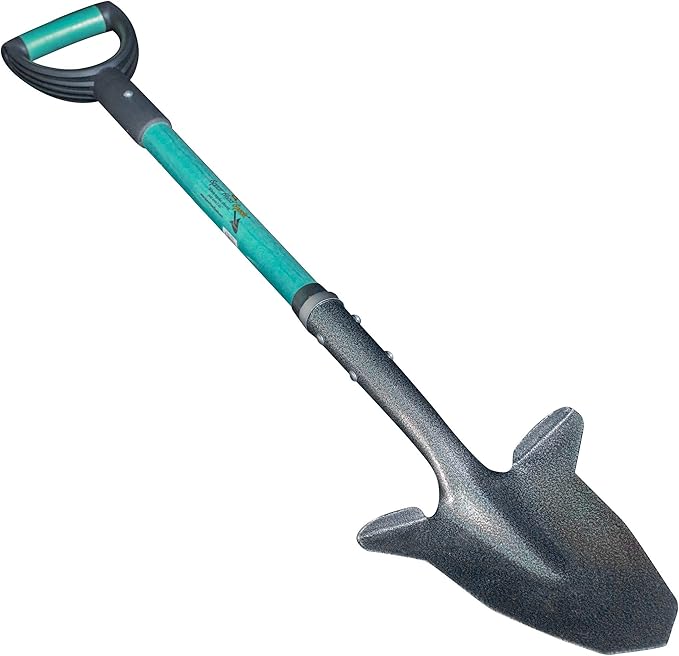
Spearhead Shade Gardening Shovel with Steel-Reinforced Fiberglass Handle
Fine Gardening receives a commission for items purchased through links on this site, including Amazon Associates and other affiliate advertising programs.


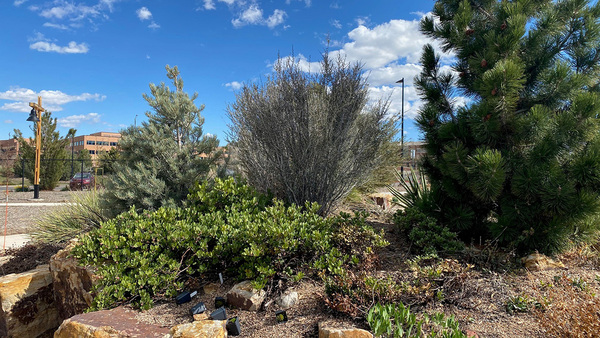

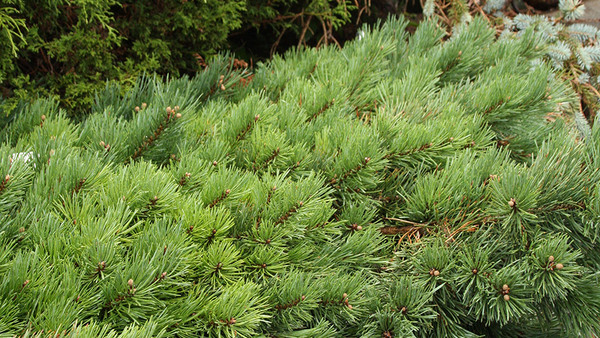

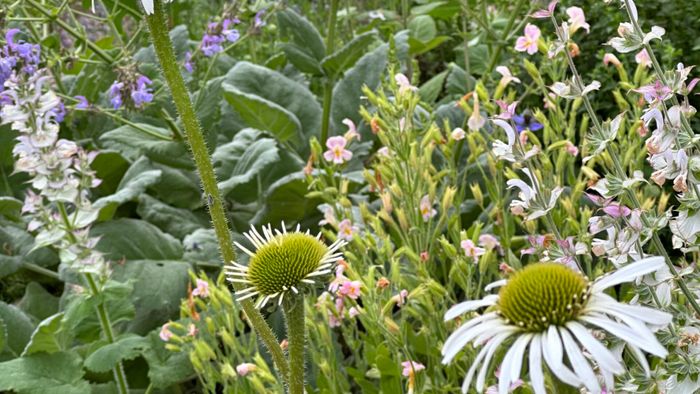
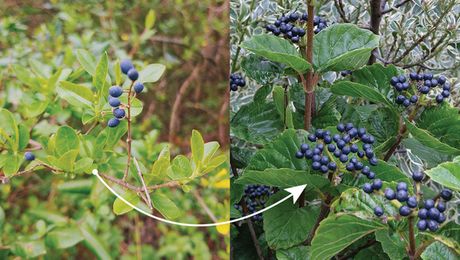











Comments
Log in or create an account to post a comment.
Sign up Log in